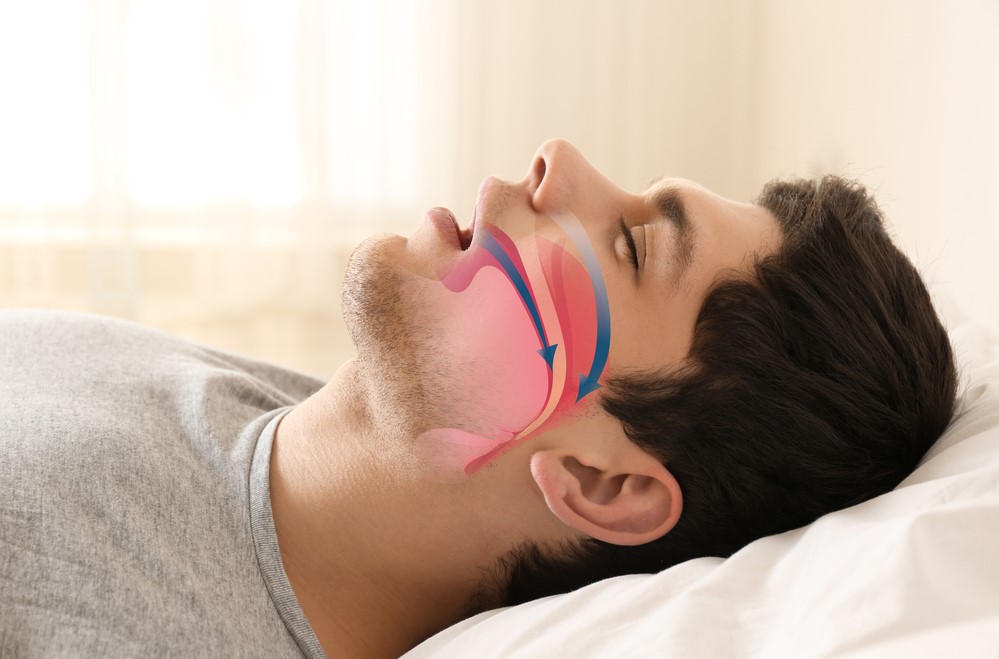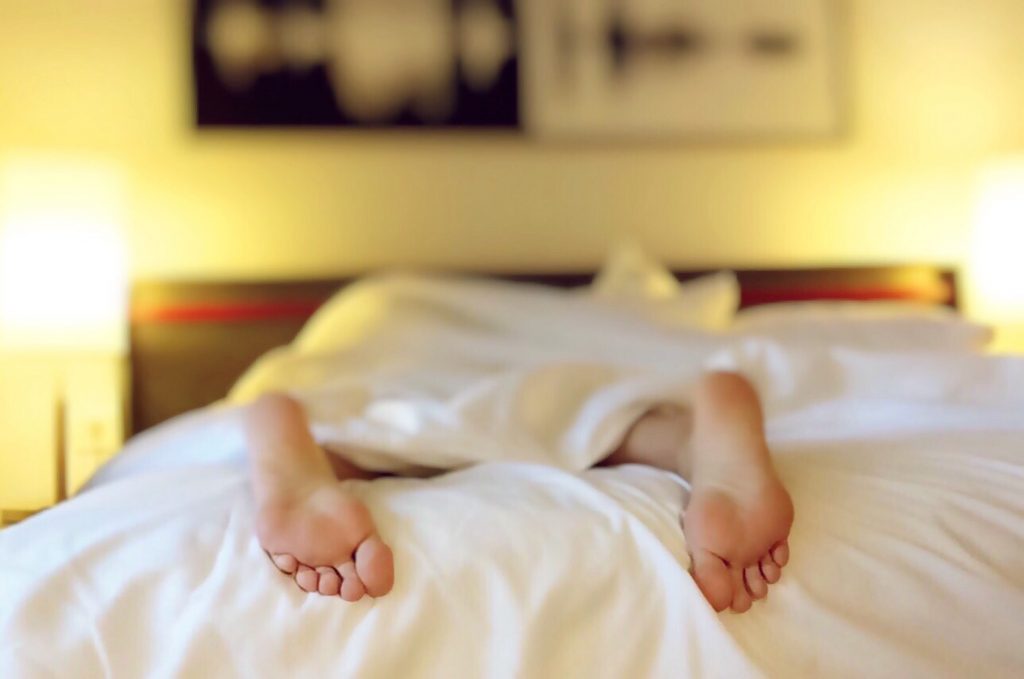
Do you often wake up tired, drowsy, unable to think straight and with the constant wish to go back to bed? Then chances are that you are suffering from a condition called Sleep Apnea that is marked by breathing breaks of upto 30 times per hour while sleeping.
On the other hand, statistics show that one in every 4 people consulting the dentist can be affected by Bruxism or teeth grinding. This is also known as the TMJ or Temporal Joint Disorder. This condition includes the involuntary movements of jaw occurring at the time when a person is asleep.
But what is more serious is the fact that these 2 conditions can be related to one another. Medical research is assessing how sleep disorders and muscle and joint pain are closely inter-linked.
The TMJ disorder and Sleep Apnea can develop at the same time and can trigger the onset of one another. Research shows that over 70 % of the TMJ disorder patients have sleep breathing anomalies like snoring and Sleep Apnea while over 50 % of the Sleep Apnea sufferers have TMJ disorder.
Even though the 2 conditions are detected and diagnosed in an independent manner clinically, both are connected in similar drawbacks in regard to the functioning and formations. Again, for such analogy, that the treatment for both are quite alike.

Table of Contents
What is TMJ and How Is it Related to Sleep Apnea?
TMJ disorder occurs within the jaw and affects the jaw joint along with the surrounding tissues. The temporomandibular joint acts like a hinge connecting the skull’s temporal bone found on either side of the head in front of the ear and the lower jaw.
This is a joint that happens to be flexible and permits the movement of jaw thus enabling the chewing, talking and yawning.
With teeth grinding, this joint can get damaged because of the pressure causing a reaction to the surrounding tissues. This results in injury, pain and degeneration of the joint eventually.
Now, the tongue that is attached to the lower jaw can act as a pad when, under normal conditions, the jaw is not aligned. Teeth grinding can lead to this abnormality of the jaw structure and it can get unaligned. This can affect the mouth and the general mouth size.
The changed size of jaw can make it tough for the mouth to accommodate the tongue in a proper way. As the space is limited, the tendency of the tongue, now, is to fall back blocking the airways in the mouth.
This obstruction can lead to breath pauses or shallow breathing known as sleep apnea.
How is Sleep Apnea Related to TMJ Disorder?
Sleep Apnea takes place when your airway gets closed and you are unable to breathe while sleeping. Naturally, this triggers panic in your body and it experiences a s stressful response. Grinding the teeth or sleep bruxism is related to this symptom.
Also known as the TMJ disorder, this can wreak havoc on your jaw, teeth and gums. In fact, if not controlled, the long-term effects of this can be shocking and irreversible.
Dentists can recommend splints for managing this. With the airway treatment, however, you can enhance the stability of the jaw joint. This way the sleep bruxism condition vanishes.
The pre-conditions of Sleep Apnea often exist since an early age and they deteriorate through life. In fact, the deficiencies in airways can exist before the TMJ condition sets in according to some.
This can happen when a child has enlarged tonsils which can lead to apneic events at the time of sleeping. This will not only affect the jaw development adversely, but they also lack on the growth hormone released during the N3 stage of sleep.
When a baby is prevented from getting nursed properly, the jaw development is impaired and the airway can get compromised eventually, too.
Conclusion
For this reason it is recommended that if you experience any symptom of TMJ disorder like chronic headaches when you wake up, hear clicking noise as the mouth closes or opens, experience uncontrollable jaw movements, have painful jaw, sensitive teeth and jaw soreness or jaw shift, you should immediately get yourself checked for sleep apnea, too, apart from seeking treatment for Bruxism.
Similarly, if you feel fatigued after waking up, find it hard to concentrate in the morning or are a heavy snorer, apart from consulting with the sleep apnea doctor you must also get yourself checked for Bruxism.
Remember that these are 2 very chronic conditions and are inter-linked which can make your life-quality worse. But early detection and treatment can assist you to control both and heal completely. So do not ignore the tell-tale signs of these and opt for comprehensive treatment that includes treatment for both.